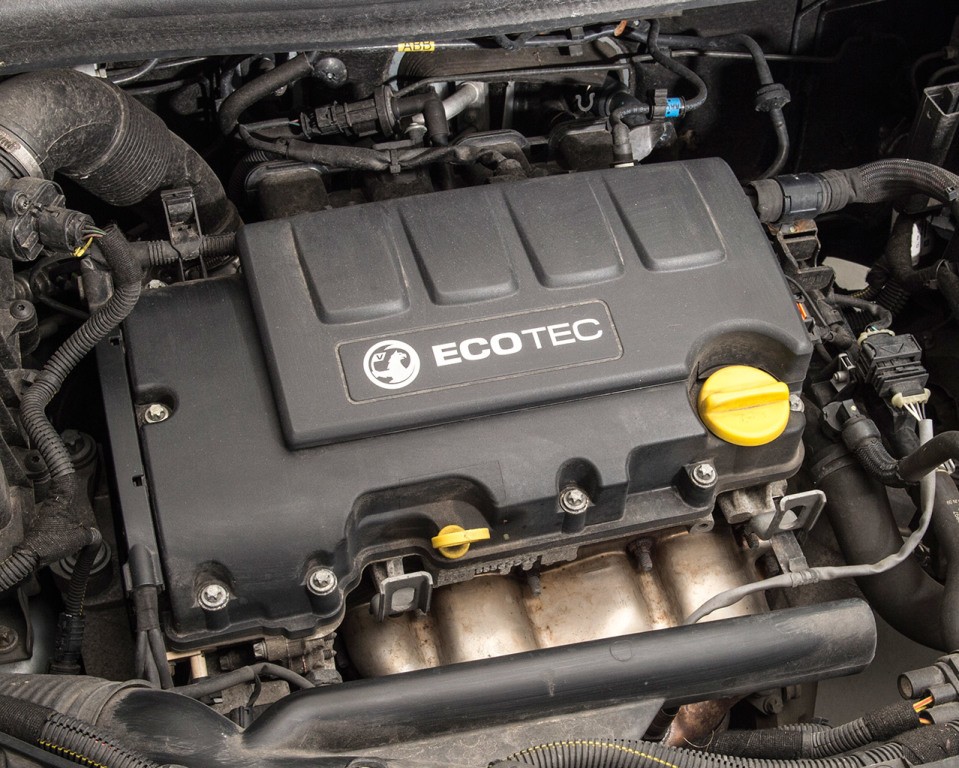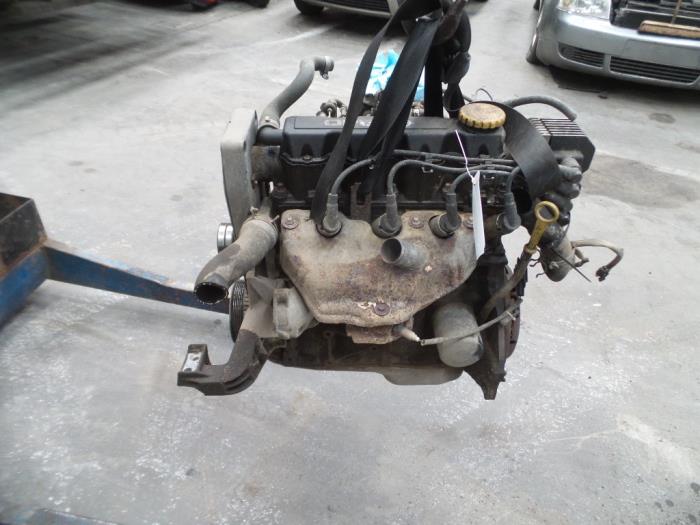Engine Buying Expert Tips on Choosing the Right Engine for Your Certain Demands
Picking the right engine for your certain requirements entails an intricate interaction of factors that go beyond mere horsepower figures. From power outcome to fuel effectiveness, the decision-making process can be intimidating. Comprehending the nuances of engine kinds, dimensions, and their compatibility with your lorry is essential. However, there are expert tips that can help browse this surface with self-confidence. By diving right into the ins and outs of power versus effectiveness, assessing fuel ratings, and budgeting for lasting prices, one can genuinely enhance their engine selection.
Power Vs. Effectiveness: Finding the Equilibrium
When selecting an engine, it is crucial to strike an equilibrium in between power and efficiency to fulfill your particular demands successfully. Power refers to the engine's ability to generate energy for propulsion, determining factors like velocity, hauling ability, and general efficiency - Opel Corsa 1.4 Engine Price. On the other hand, performance relates to exactly how well the engine utilizes fuel to create power, impacting aspects such as fuel economy and ecological kindness
Achieving the appropriate balance between power and performance is important due to the fact that an engine that is too effective might consume extreme gas, leading to higher operating expense and unnecessary strain on the atmosphere. Alternatively, an engine that prioritizes effectiveness over power might cause sluggish performance, particularly popular situations like hauling heavy lots or driving uphill.
To make an informed decision, think about variables such as your typical driving conditions, the designated usage of the lorry, and your individual choices. By assessing your needs and top priorities, you can select an engine that strikes the ideal balance in between power and performance, guaranteeing ideal efficiency while decreasing ecological impact and operating expense.
Comprehending Engine Dimension and Kind
To additionally refine the selection process of an engine that strikes the ideal balance between power and efficiency, it is vital to explore the ins and outs of comprehending engine dimension and kind. Engine size refers to the overall volume of air and fuel that can be pushed through the engine cyndrical tubes. It is commonly gauged in liters or cubic centimeters. Larger engine sizes generally cause even more power outcome however can also lead to lowered gas effectiveness. On the other hand, smaller sized engine dimensions are typically much more fuel-efficient but might compromise some power.
In addition, engine kind plays a vital role in determining the efficiency characteristics of an engine. Usual engine types consist of inline engines, V engines, and rotary engines, each with its unique benefits and drawbacks. The engine kind affects variables such as the engine's size, weight circulation, and power shipment. Understanding the interplay between engine size and kind is important in picking an engine that lines up with your details requirements and top priorities, whether it be power, effectiveness, or an equilibrium of both.

Consider Your Vehicle's Demands
If you are looking for an engine for a durable vehicle that will certainly be used for towing, you will need an effective engine with high torque capabilities. On the other hand, if you are selecting an engine for a portable car primarily utilized for city travelling, fuel effectiveness might be an Your Domain Name extra critical element to think about.
If you regularly drive in uneven or mountainous locations, a robust engine with good climbing up power will certainly be needed. By lining up the engine specs with your car's demands, you can ensure that your vehicle runs effectively and meets your performance expectations.
Assessing Fuel Performance Scores
Evaluating fuel performance scores is an important aspect of picking the ideal engine for your car, ensuring price financial savings and environmental sustainability. Gas effectiveness ratings, typically measured in miles per gallon (MPG) for fuel engines or kilowatt-hours per 100 miles (kWh/100 miles) for electric engines, indicate just how far a lorry can take a trip on a particular quantity of fuel or electrical power. Greater MPG or lower kWh/100 miles worths symbolize much more reliable engines, equating to lowered fuel prices and lower carbon discharges.
In addition, contrast different engine choices within the exact same lorry course to identify the most economical option. Aspects such as engine dimension, weight, the rules of aerodynamics, and crossbreed or electrical capabilities can all influence fuel efficiency.
Budgeting for Long-Term Costs
Purposefully intending for long-lasting expenses is essential when picking an engine, making sure monetary sustainability over the car's lifespan. While the first purchase rate of an engine is a substantial aspect, it is essential to consider the lasting expenses associated with upkeep, repair services, and fuel intake.
Additionally, researching the schedule and expense of replacement components for the selected engine is crucial in budget plan preparation. Engines with easily offered and inexpensive parts can dramatically affect long-term upkeep expenses. Furthermore, taking into consideration the engine's toughness and expected life expectancy can aid prevent unanticipated replacement expenses in the future. By carefully budgeting for these long-term costs and factoring them right into the decision-making process, individuals can pick an engine that not only satisfies their prompt needs yet also continues to be affordable throughout its life-span.
Final Thought
To conclude, choosing the ideal engine for your details demands calls for stabilizing power and efficiency, understanding engine size and kind, considering your vehicle's requirements, assessing fuel efficiency ratings, and budgeting for long-term costs. my link By carefully considering these factors, you can ensure that you choose an engine that meets your needs and gives optimum efficiency for your automobile.
To her comment is here further refine the option procedure of an engine that strikes the optimum balance between power and efficiency, it is vital to dig into the complexities of understanding engine dimension and kind. Engine dimension refers to the overall volume of air and fuel that can be pushed via the engine cyndrical tubes. Typical engine types include inline engines, V engines, and rotary engines, each with its distinct advantages and drawbacks. Understanding the interplay between engine size and type is vital in selecting an engine that straightens with your certain requirements and concerns, whether it be power, efficiency, or a balance of both.
